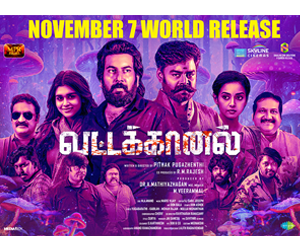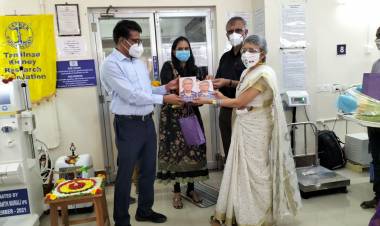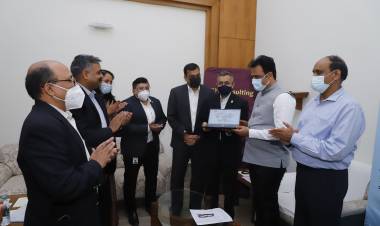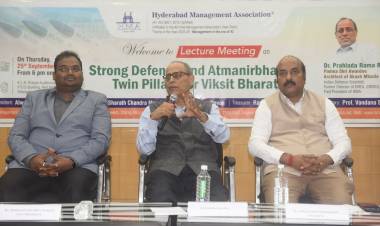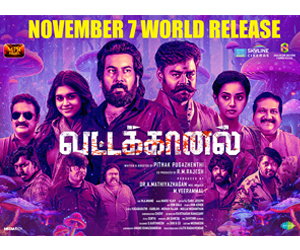Apollo Hospitals Group inducts Parkinson’s disease support group for deserving patients
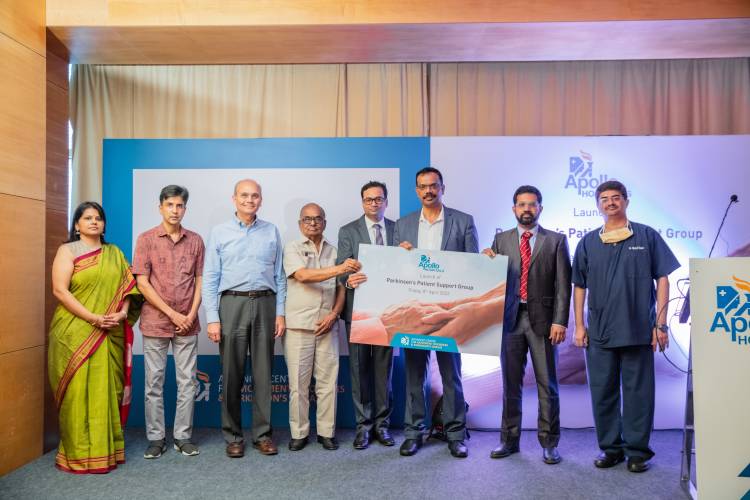
Apollo Hospitals Group inducts Parkinson’s disease support group for deserving patients
Chennai 9th April 2022: Apollo Hospitals Chennai organised an awareness meeting on Parkinson’s disease around world Parkinson’s day that is commemorated on 11th April of every year. Patients from Chennai and family members attended the support meeting held in Chennai and benefitted out of it. Parkinson’s disease is the second most common neurodegenerative disease in the world. The prevalence of Parkinson’s disease in the USA and India, are 295 and 42 per 100000.
Apollo Hospitals group a pioneer in Indian healthcare sector, understands the need for such support for deserving patients, and has initiated this Parkinson’s disease support group. This will be a multidisciplinary team, that would include patient and caregiver representatives, world-class specialist physicians, and surgeons, trained in PD treatment, neuroscientists who will help us understand and treat the disease better, physiotherapists, language therapists, dietitians, social workers, nodal contacts for primary physicians, and the patients themselves.
Apollo has the state-of-the-art infrastructure and the best multi-disciplinary team which can guide the patient with appropriate medications and improve their quality of life with physiotherapy, speech therapy, and appropriate Dietary support.
While speaking about the disease, Dr. Vijay Shankar, Consultant Clinical Lead Neurologist, Apollo Hospitals, said, “The significant difference might mean there is a genetic and racial component or, more reasonably, we are missing the diagnosis in over 80% of our patients. The awareness about Parkinson’s disease among the people in India is very less. They often ignore the early symptoms like tremors and slowness in their daily activities as due to old age, or secondary to stress. Most people consult a physician when it becomes troublesome after a few years or is pointed out by their family and friends. A great percentage of them, have endured a long period of suffering by the time they reach out to qualified help.”
He also added that, “There are several medications are used to treat Parkinson’s disease. However, the effectiveness of these medications declines over time. During this time, the patient may benefit from advanced therapy like Deep brain stimulation (DBS) to improve their quality of life, however, the awareness is quite low. To illustrate, even with a prevalence of around 600000 pts in India, calculated using the 42/100000 statistic, we have merely done 3000 DBS in the last 20yrs. The reason is a lack of awareness among treating doctors, as well as the limitations in accessing the facilities.”
Once a diagnosis is made, they are quite frightened and depressed considering the irreversible nature of the disease. A similar fear is felt by the caregivers too. It is very difficult to find relevant information on the internet, and often the patients and the caregivers are misguided by the abundant misinformation on the internet, which ends up in them delaying their treatment or trying out therapies with little scientific evidence like acupuncture or herbal medicines. Because of these reasons, patients end up suffering much more than they need to. These patients and their caregivers would benefit from a robust community of similar patients, caregivers, and medical professionals who are dedicated to providing the best care and comfort to a patient.
Apart from providing comprehensive medical care, we aim to increase awareness about Parkinson’s disease and provide support to them. We will reach out to people with Parkinson's disease all over Tamil Nadu, and beyond. We will help and provide advice, to cope with their symptoms and the required moral support. In the support group meetings, patients can discuss their feelings with others, know their experiences, and can gain insight to help better to deal with specific aspects of the disease. We want them comfortable.




